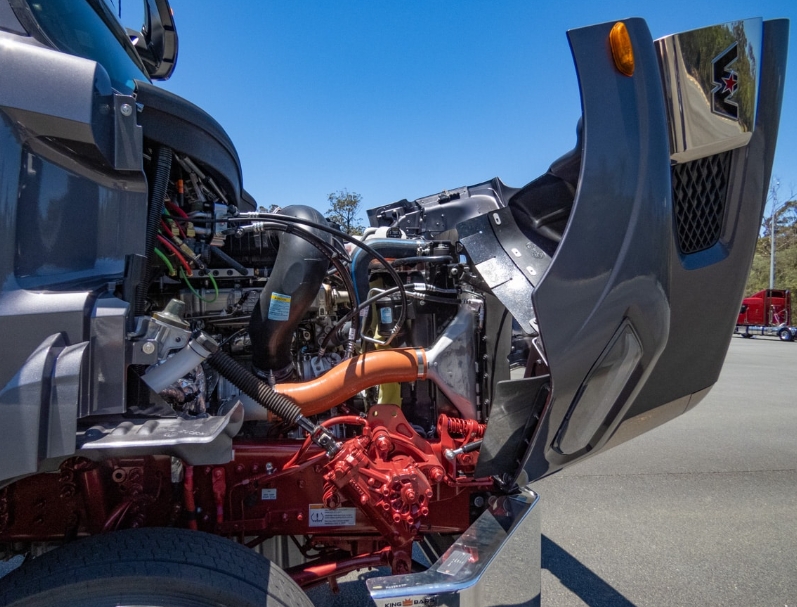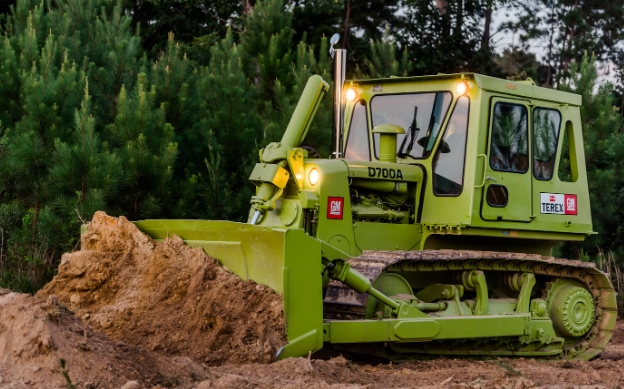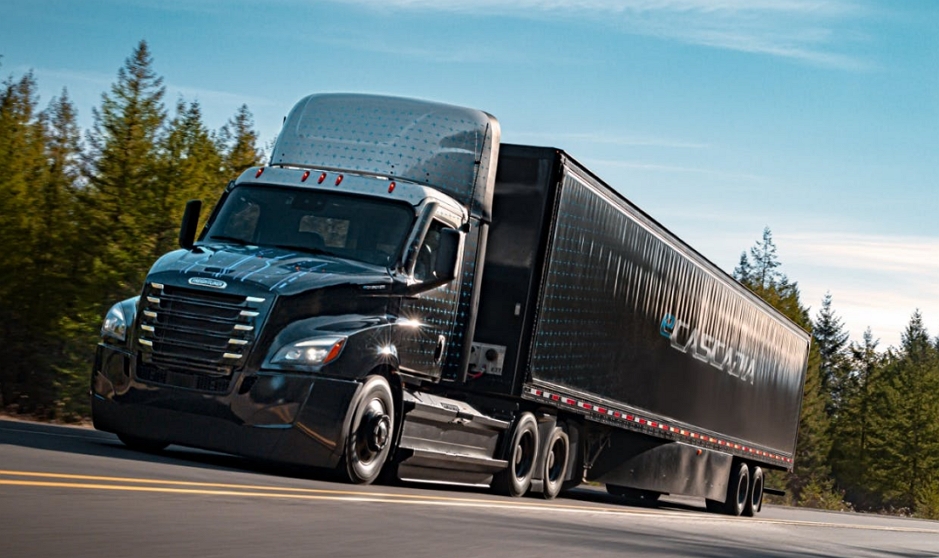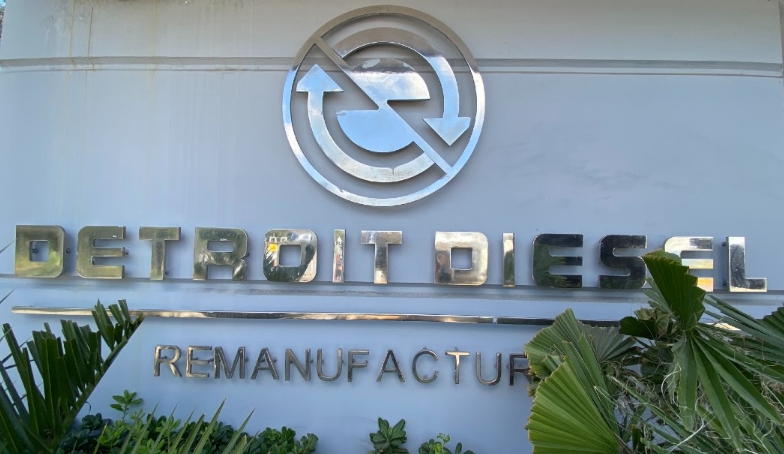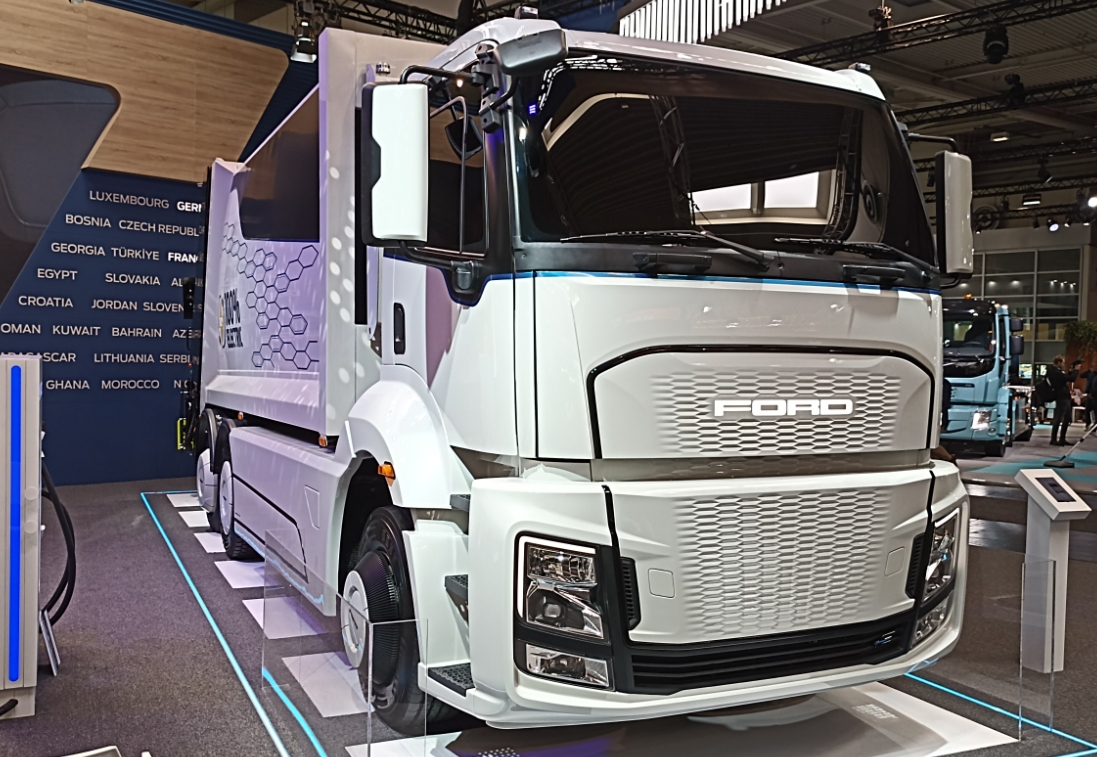
In 2035, more than half of the newly registered trucks in the world will be electric, according to a report prepared by the consulting company McKinsey. In 2040 it is to be as much as 85 percent.
Study entitled “Preparing the world for zero-emission trucks” was presented at the recent IAA Transportation fair in Hanover. McKinsey experts expect that in 2035 more than half of the trucks registered in the United States, China and Europe will be powered by electric batteries or will be electric vehicles powered by fuel cells.
Analysts from McKinsey expect that by 2040 trucks powered by electric batteries and fuel cells will dominate among new vehicles and will constitute as much as 85 percent. new registrations in the truck category. The truck fleet will then consist of 40 percent. from vehicles with the above-mentioned drives.
Such an acceleration of the expansion of electric trucks will result from regulations promoting zero-emission vehicles (such as the EU Fit for 55 package), but also from progress in the development of technology and infrastructure for this type of vehicle.
At present it seems only possible on average. Although commercial vehicle manufacturers are expected to offer 70 models of electric trucks in 2024, these models will still only account for 2 percent. global production in two years. For comparison, models with diesel engines are around 130.
Moreover, among the 70 electric models, only 13 are vehicles capable of driving more than 450 km on a single charge. It is worth emphasizing, however, that the pace of technology development is quite dynamic. Until a year ago, there were only two models on the market that could be classified as suitable for medium and long distances.
Costs down
What can convince carriers to switch to electric fleets are, of course, the operating costs. Currently, electrics are much more expensive to use. McKinsey experts say, however, that these costs will even out around 2030. And in the long term, analysts expect electric trucks to be about 30 percent. cheaper in operation.
Total operating costs of electric trucks are expected to fall by 65%. by 2040 compared to 2021. This will be due to three factors. First, technological advances and the associated decline in prices and costs of batteries, propulsion systems and charging infrastructure. Second, the development of electric vehicle production, which will reduce the cost of a single vehicle and components through economies of scale. Third, the expansion of the network of charging points, which will reduce operating costs on the roads.
Giga investments
However, this progress will not come without costs – gigantic and huge investments in means of production and infrastructure.
According to the report, by 2030, 12 additional battery factories for electric cars should be built worldwide, each with a production capacity of up to 25 GwH per year. Between 2020 and 2030, the demand for batteries for electric vehicles will increase 22 times! – according to McKinsey’s estimates. Although batteries intended for trucks will be responsible for approx. 6 percent. overall battery demand in 2030, this demand will be in line with today’s demand for all batteries.
It is also estimated that the development of the electric vehicle fleet will increase the demand for electricity by 6%. against today’s global demand. Thus, it will indirectly affect investments in energy production and the transmission network. And we are talking only about the demand created by the electric fleet, we are not talking about the growing demand for energy from other areas of the economy.
The infrastructure for charging those new vehicles that will hit the road should not be forgotten either. Estimates are about $ 450 billion (!!) needed by 2040 for the development of infrastructure for charging electric vehicles and refueling those running on hydrogen.
Already today, many leading truck manufacturers offer vehicles in both electric and conventional versions. During the aforementioned IAA trade show, electric vehicles played the first violin at the exhibition stands of all manufacturers. Suffice it to say that Scania brought only two vehicles with combustion engines for a dozen or so vehicles. Truck of the Year from DAF comes in both traditional and electric versions. The first electric tractor in its stable was also presented by Ford Trucks.

